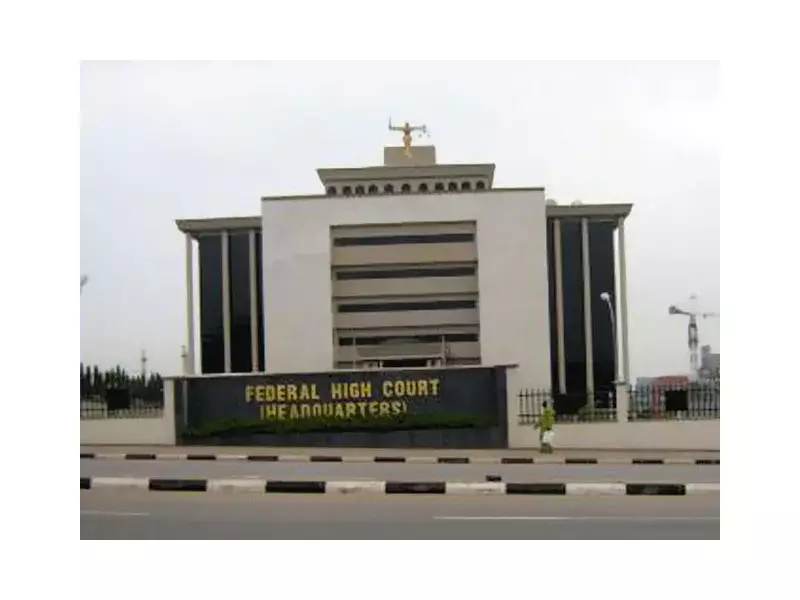
In a significant development that underscores Nigeria's increasing focus on cybercrime, a Federal Capital Territory High Court in Abuja has ordered the remand of five individuals accused of cyberbullying Senator Suleiman Umar Suleiman.
The accused persons include legal practitioner Chukwuebuka Egbo and four others: Emmanuel Chinedu, Chibuike Okechukwu, Chukwuma Kamsiyochukwu, and Johnson Nduka. They face serious allegations of conspiracy and cyberstalking against the prominent senator representing Kwara North.
Legal Proceedings and Charges
The case, brought before Justice E. Okpe of the FCT High Court, saw the defendants arraigned on a three-count charge filed by the Economic and Financial Crimes Commission (EFCC). The charges specifically cite violations of the Cybercrimes (Prohibition, Prevention, etc) Act, 2015.
According to the prosecution, the defendants allegedly conspired among themselves to publish damaging messages about Senator Umar through various social media platforms with the intent of damaging his reputation and causing him psychological distress.
Court's Decision and Next Steps
When the charges were read in court, all five defendants entered pleas of not guilty. In response to their plea, prosecution counsel A.O. Aso requested a trial date and asked the court to remand the defendants in a correctional facility pending the commencement of proceedings.
Defense counsel A.O. Olalere made an oral bail application for his clients, but Justice Okpe declined the request, instead ordering that the defendants be remanded. The court has scheduled the hearing of the formal bail application for July 10, 2024.
Broader Implications
This case represents a growing trend in Nigeria's legal landscape where authorities are taking stronger action against online harassment and cyberbullying. The involvement of a legal professional among the accused adds an additional layer of significance to the proceedings.
As Nigeria continues to grapple with the challenges of digital communication and online behavior, cases like this are setting important precedents for how cybercrimes are prosecuted under Nigerian law.





